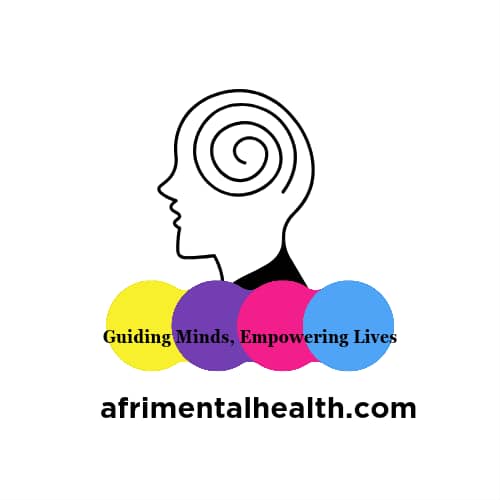Exercise does not only have physical benefits but can also help keep you mentally healthy. Research shows that people who exercise regularly have better mental health and emotional wellbeing, and lower rates of mental illness.
Exercising regularly seems to reduce the risk of developing mental illness. Studies have shown that exercise can help in treating some mental health conditions such as anxiety and depression. Research proves that for mild depression, physical activity can be effective as antidepressants or therapies such as cognitive behavioral therapy.
How does exercise improve your mental health?
- release feel good endorphins: When you exercise you can release endorphins which are natural brain chemicals that can improve your sense of wellbeing.
- Cope in a healthy way: Doing something positive to manage depression or anxiety is a healthy coping strategy. Trying to feel better by drinking alcohol, dwelling on how you feel, or hoping depression or anxiety will go away on its own can lead to worsening symptoms.
- Gain confidence: Meeting exercise goals or challenges, even small ones, can boost your self-confidence. Getting in shape also can make you feel better about how you look.
- Taking your ming off things: Thinking about something else instead of worrying can get you away from the cycle of negative thoughts that feed depression and anxiety.
- Can build the mind’s muscles: Physical activity can improve brain functions like memory and cognition both immediately after a workout and in the long-term. Studies show that exercise increases the blood supply to their brains and promotes the growth of new neurons (adult neurogenesis) in the hippocampus, a brain area that is essential for learning and memory.
How much is enough exercise?
Aim to exercise most days of the week. But even small amounts of physical activity can be helpful. Being active for short periods of time, such as 10 to 15 minutes at a time, throughout the day can add up and have health benefits.
Regular exercise may improve depression or anxiety symptoms enough to make a big difference. That big difference can help kick-start further improvements. The mental health benefits of exercise and physical activity may last only if you stick with them over the long term. That’s another good reason to find activities that you enjoy.
